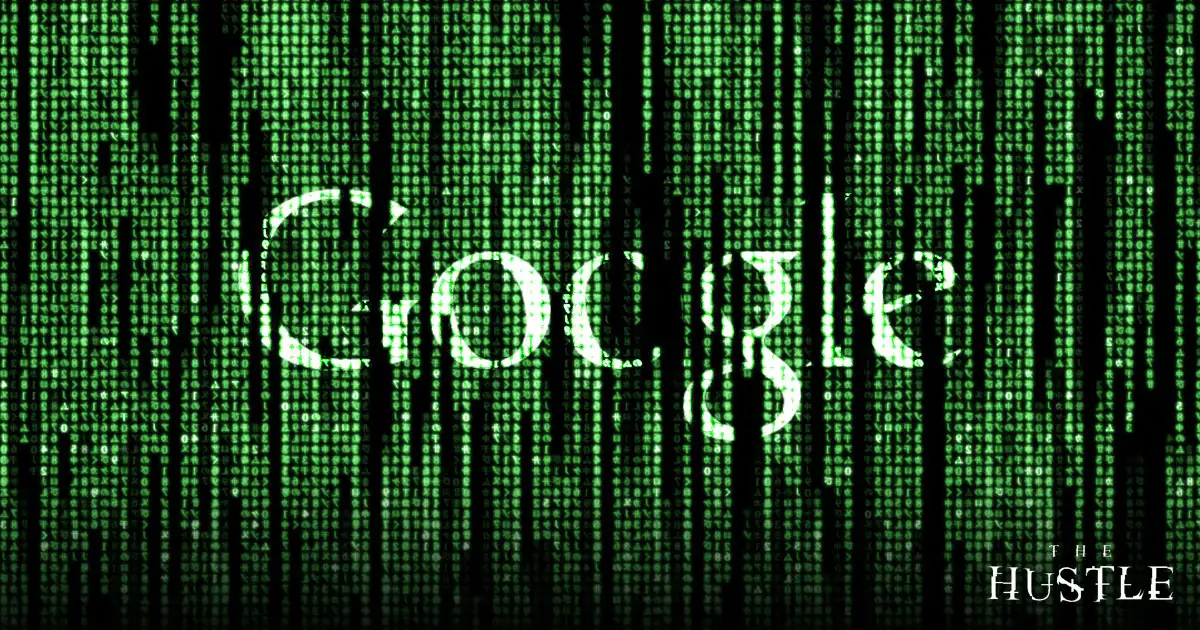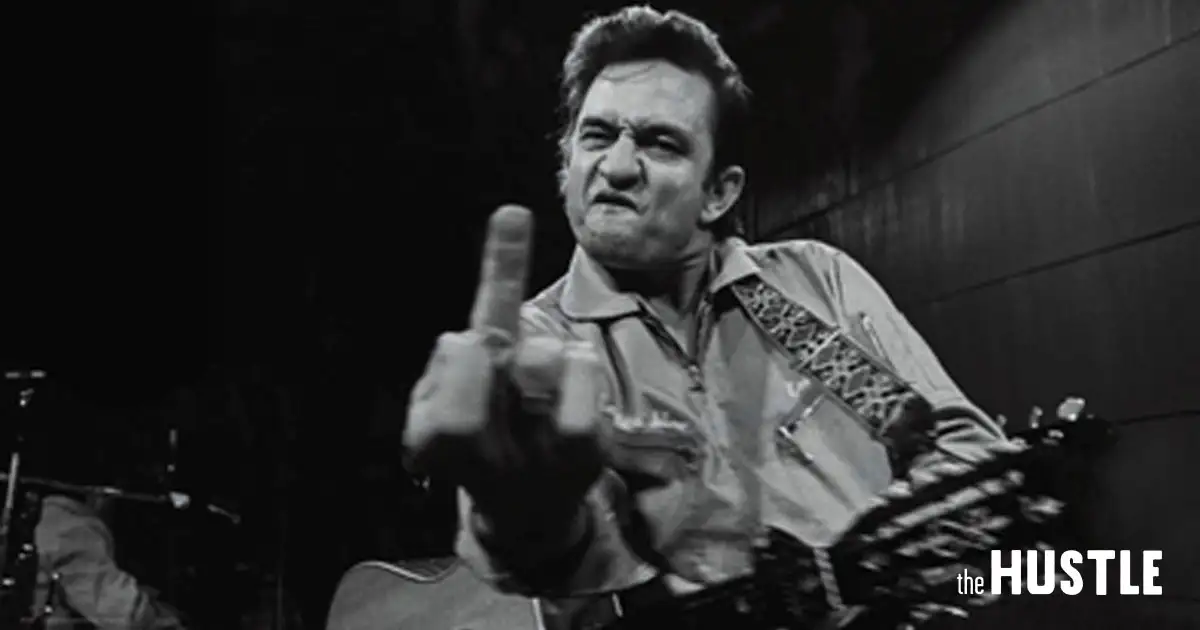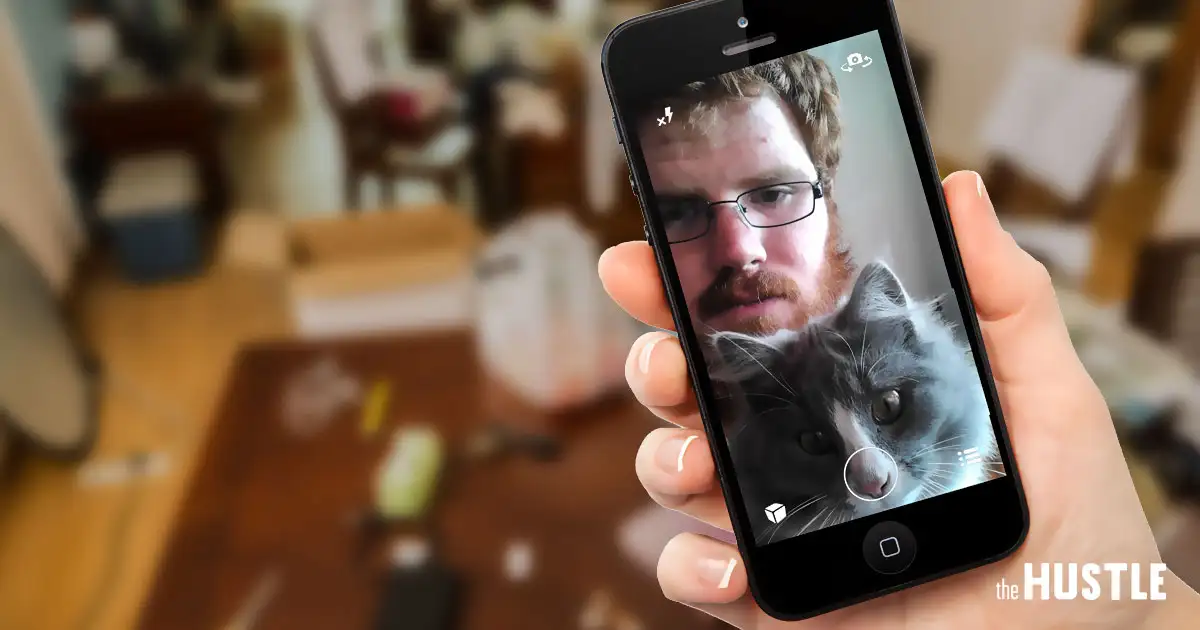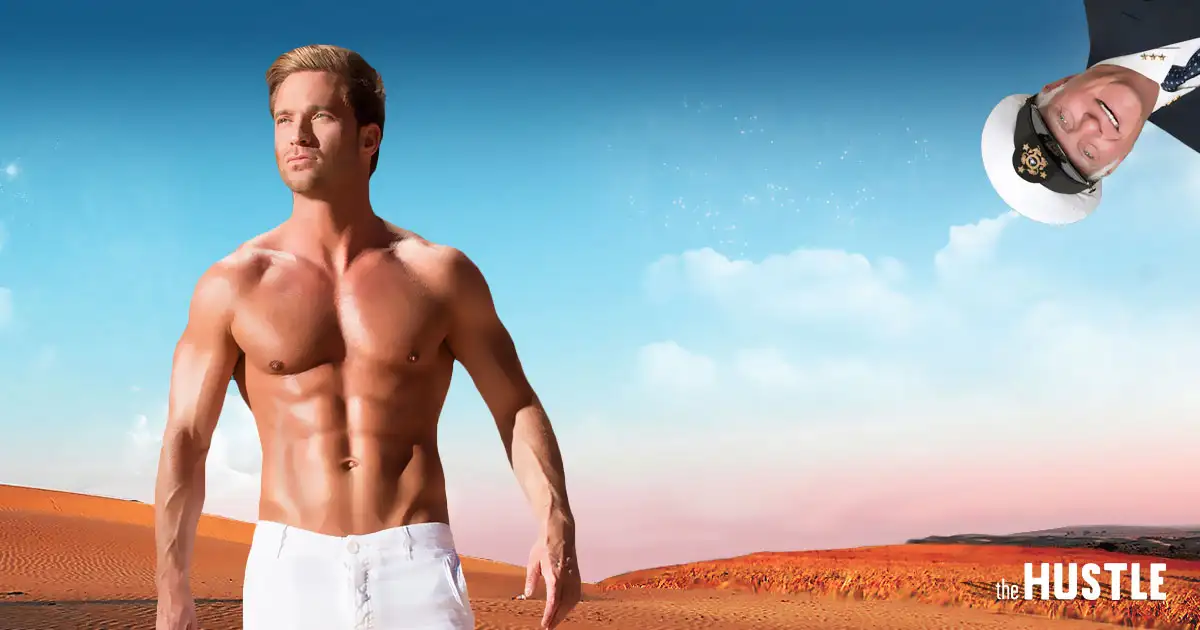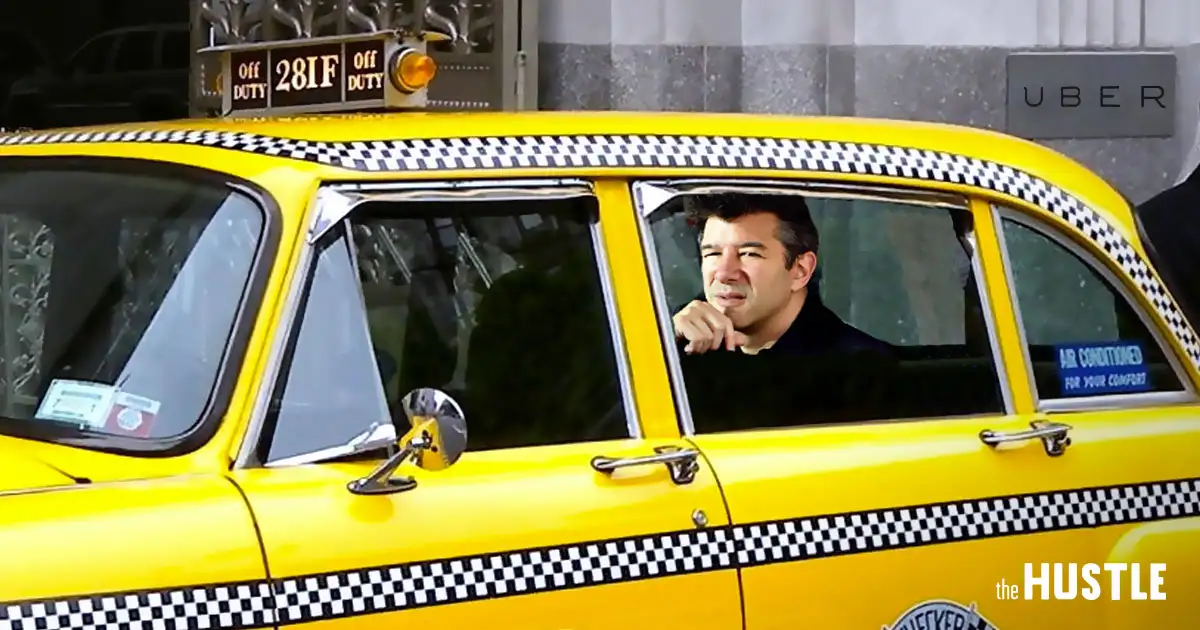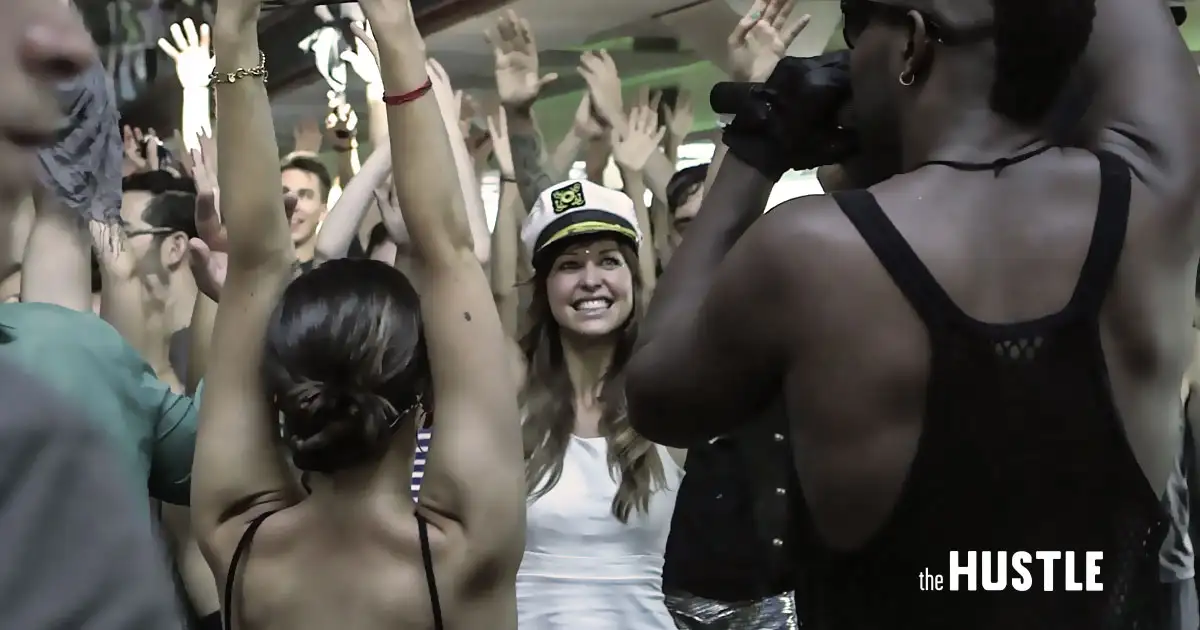You probably know that companies are constantly trying to trick you into buying shit.
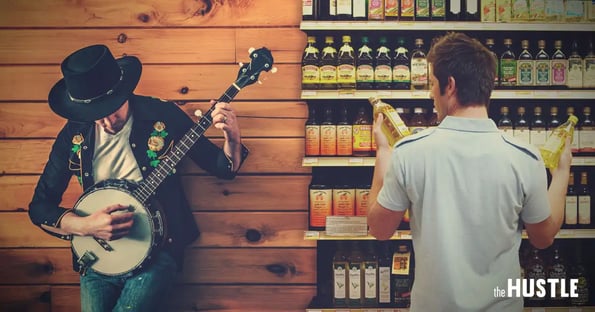
But did you know that they’re using music to influence not just what, but how you buy?
People have been studying this since the 1960s, but lots of people are completely oblivious that sound is used as a hypnotic form of trickery.
And the most manipulative use of music award goes to…
Professional DJ, Josh Gabriel, told me about the manipulative use of music in the auto industry. He told me that car companies target their music towards their proposed customer. With someone in their twenties they’ll use a song that topped the charts when they were in high school. It’s the surest way to tug at their collective heartstrings.
“The memories that are strongest are locked in with emotion and you have the most of those between 18 and 24 years old,” Gabriel told me. “So most deep associations with songs are from that period of your life.”

Like car companies, stores want people to feel comfortable. So if you walk into a store and love the music, congratulations you are in a store that’s marketing itself to you.
This explains why Abercrombie & Fitch pumps house music at absurd volumes for tweens and teens, and why the Nordstrom in my hometown had a live pianist play a grand piano by the main escalator.
Music can make you shop faster
One 1966 study found that if you turn up the music in a grocery store, people buy the same amount of stuff — but they do their shopping a lot quicker.
Music tempo also counts. Slow-tempo tunes make people move slower, whether they’re shopping in a store or eating dinner.
What’s a slow tempo song? It’s a song that, were you to clap, would feel make you feel like you were moving in slo-mo.
Think At Last by Etta James
What’s a fast tempo song?
Try Billie Jean by Michael Jackson
![]()
The style of music matters too
If you noticed that your local wine store was really pumping the classical music the last time you were walking through the aisles, that’s because a 1993 study showed this makes people buy more wine.
Researchers concluded that the deep, unspoken desire to actually enjoy classical music (opposed to someone who pretends to) actually drove people to buy anything that gets them drunk enough to forget that Jay-Z is their one true love.
The study also found that if a wine store played French music, people were more likely to buy French wine. If it played Italian music, shoppers would snatch up bottles of Sangiovese and Chianti.
But music can also hurt a business. Classical music made people feel like the merchandise was expensive.
Which kinda makes sense. When I think of classical music, I think of classy people in their 60’s wearing ball gowns and tuxedos to get their Mozart on.
The researchers also found that when someone calls a customer service line, hold music keeps them on the phone longer.
Case in point: This YouTube video of Cisco hold music has 555,097 plays. It’s oddly calming.
A 1992 study reported that if no music was played in stores, time kind of slowed down, and people felt like they were spending more time there.
But when music was played, as long as it was “pleasant,” (which I assume means not death metal) people stayed longer.
Here are some other ways that stores trick you into doing things:
- Grocery stores often place basics like milk and eggs, at the back of the store. Shoppers have to pass a bunch of other products to get to them.
- Stores like Ikea count on customers getting lost inside so that they look at more and more products.
- The color red (think Target’s logo) connotes “sales” and makes people feel products are cheaper.
- Restaurants like McDonald’s purposefully make their restaurants uncomfortable (bright lights, plastic chairs) to subconsciously encourage diners to eat and leave quickly.

